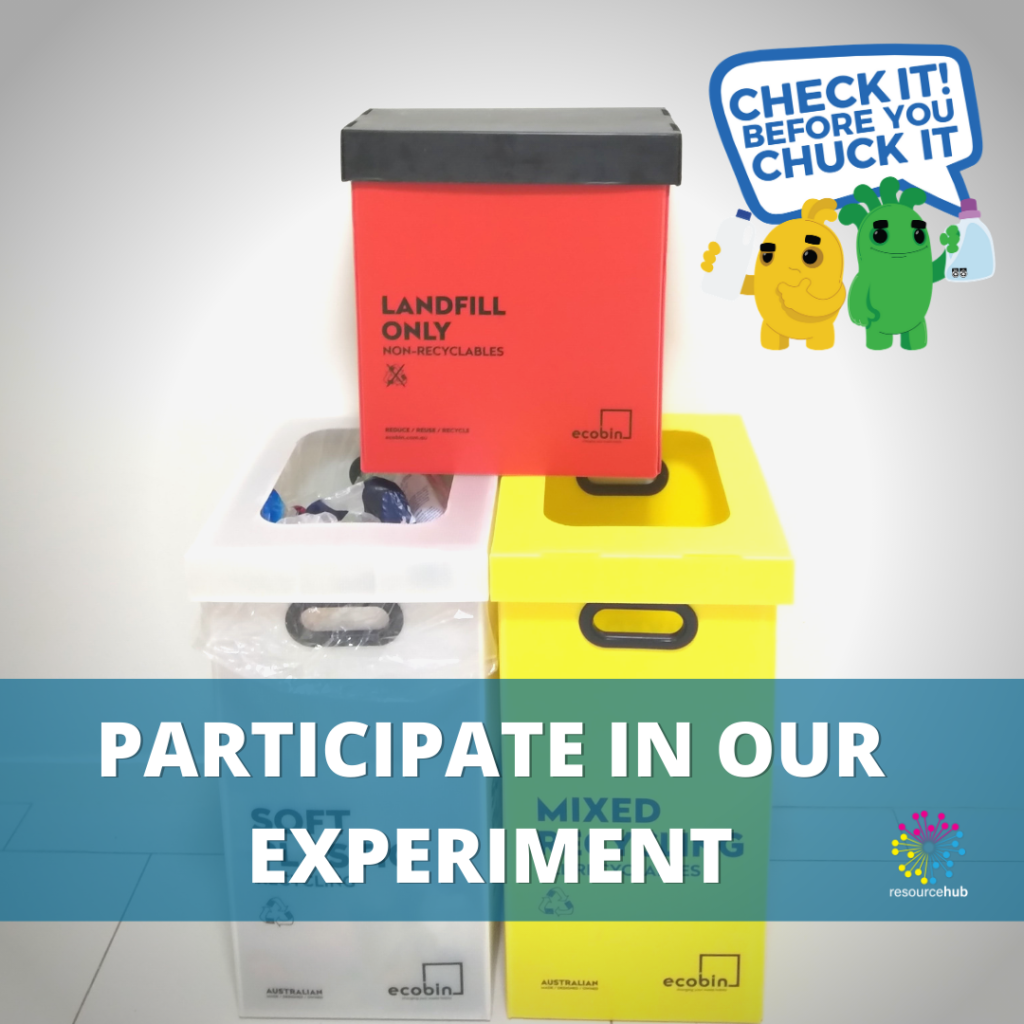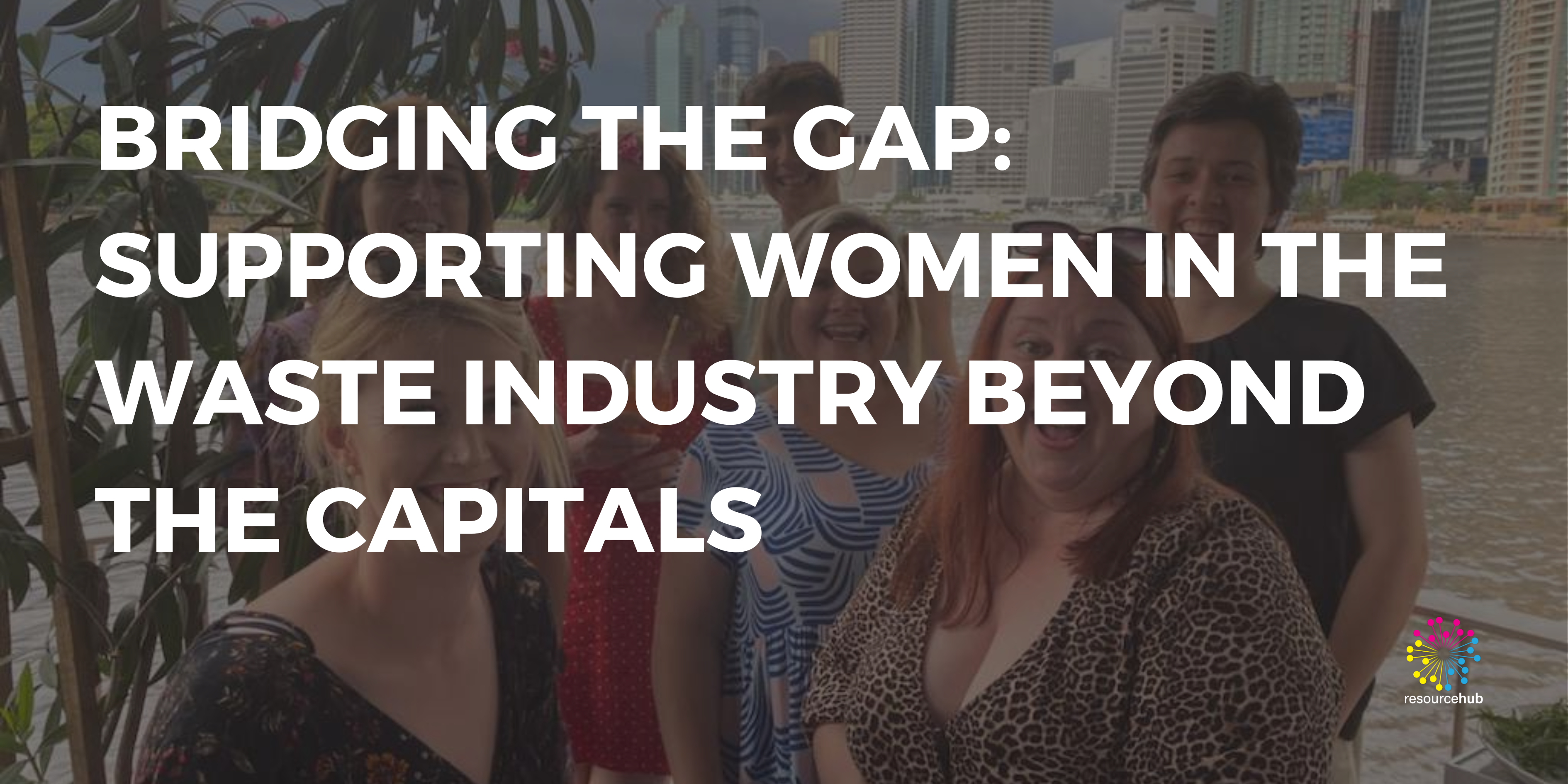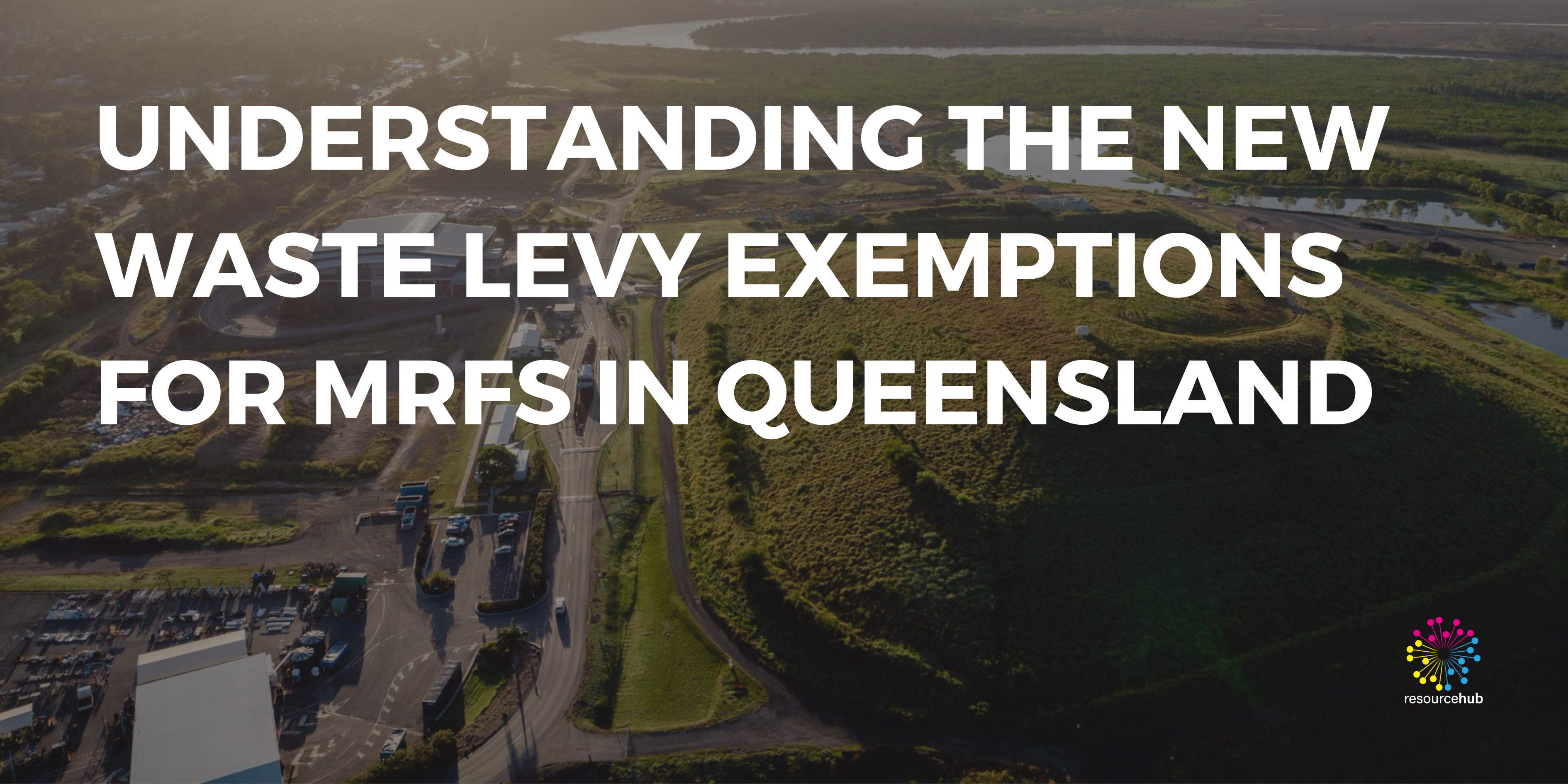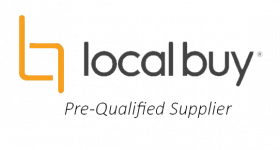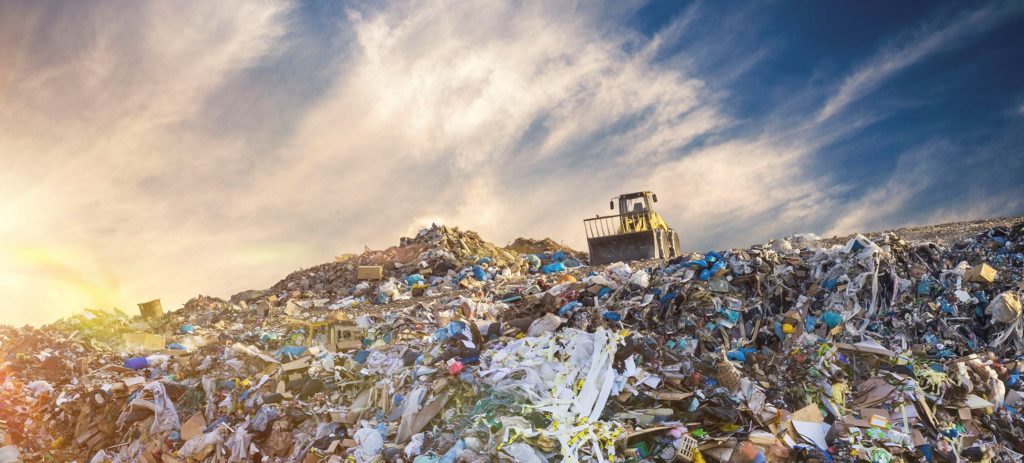
For National Recycling Week 2020, we are launching an experiment – a micro behaviour change program – to highlight the importance of testing and measuring education and behaviours change programs specific to the resource recovery space. And this got me thinking about what those WHY’s are and what we actually want to achieve as an industry when we try to promote people to do things differently:
- Waste education is all about changing behaviours, primarily by increasing knowledge and skill. It’s easy to forget that the goal is to change behaviours when we get caught up in the delivery of the program.
- Continuous improvement through testing and refinement is the fastest way to improve the effectiveness of programs. Testing assumes we invest a small amount or resourcing and check our assumptions and refine our approach before investing further rollouts and capital. Testing also allows us to discover whether our hypotheses about our audience and what will change their behaviours is correct.
- Testing increases the likelihood of the program having the desired affect because you have better insight about your audience and what changes their routine – but we need to gather REAL data to understand if our approach is having the desired affect on those practices. Quantitative measurement is just as imperative as qualitative measurement.
- The desired affect is usually on 1) waste outcomes, 2) behaviours and 3) internal perceptions, knowledge and feelings.
- To run a test effectively you need to be clear on your objectives and how you’ll measure success – as measuring success is not always easy in waste behaviour change. It’s super helpful though!
- Waste behaviour change programs tend to operate with a limited budget and so it’s important to determine the most cost effective way to get the outcomes we want. More bang for our buck!
- We all have unique audiences. So approaches to program delivery and measurement need to be unique. What works for one LGA or enterprise or demographic or individual may not work for others.
So this week we’re going to deliver a micro behaviour change experiment through national Recycling Week as an example of how you can invest a little and learn a lot.
We’ll show you that you don’t necessarily need to invest in deep dive market research, perception testing or waste assessments to get really valuable insights to guide program development. We’ll also show you that establishing metrics to measure success can be simple and super helpful – and importantly it can help with commercial and strategic decision making.
So sign up and be part of the fun – and wait for the outcomes of how and what was measured, and how simple it can be!
